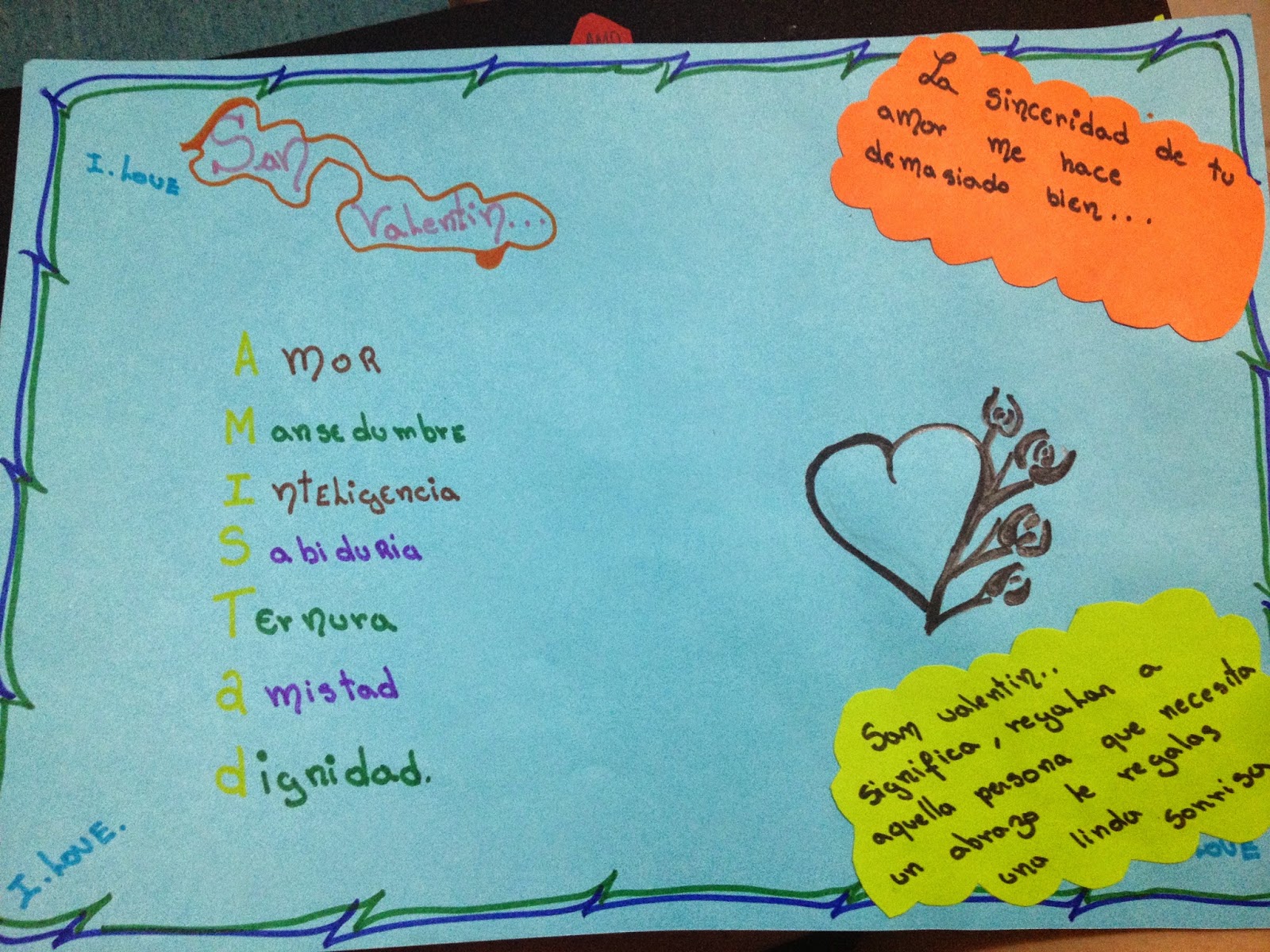--
Lesson 1: There is a universal language spoken through hugs,
smiles, and laughter.
My favorite day with the Starfish Scholars was on our trip
to the park. That day was great, except for one small thing. Up to that point I
had always worn a polo or a t-shirt. That day was the first time I wore a
cut-off shirt since we were suppose to be playing soccer. For some reason, the
girls were laughing at me. At first I thought they were giggling because they
were happy to see me. I asked why they were laughing and Ana responds by
lifting my arm. Maria pointed to my armpit hair and broke out laughing. I
immediately pulled down my arm. I felt embarrassed for a moment and they didn't
care. They laughed and laughed and all I could do is laugh with them.
Lesson 2: The people you serve are always going to do more
for you than you can do for them.
I can't believe how much the families cared about me. I was
served food, asked if I needed anything, served more food, and even was taken
on a family trip to the river. They threw me a party with tons of food and
got me my favorite cake. I always felt that people were doing things for me,
giving things to me, and wishing the best for me. It was always hard to go
since they made me feel so at home. The hospitality and friendliness of the
Starfish families are unparalleled, aside from my own family--and they
kind of have to love and feed me.
Lesson 3: Community can't be taught, it must be built with
time, trust, and consistency.
If there is one thing I learned is that trust is something
given to those you love. They loved me from the beginning and are so trusting
that it was a little unsettling at first. Now I think about how beautiful that
was. The reason they trusted me was because the people before me, Beth and
Jenn, had already put in the time to develop, maintain, and improve upon their
relationships with not just the families of the scholars, but the families in
the communities where they lived as well. Beth and Jenn started something
beautiful, a program for the kids that was both good and the right thing to do.
They didn't make it easy, though. It had a status and becoming a scholar is
something you earn through good grades and attendance at Starfish meetings,
tutoring, and events. The scholars host events and activities, too. They even
have leadership positions. All things they can take pride in and should as they
deserve the opportunities the Starfish Foundation provides. They are the future
of their communities and I am hopeful for the future.











